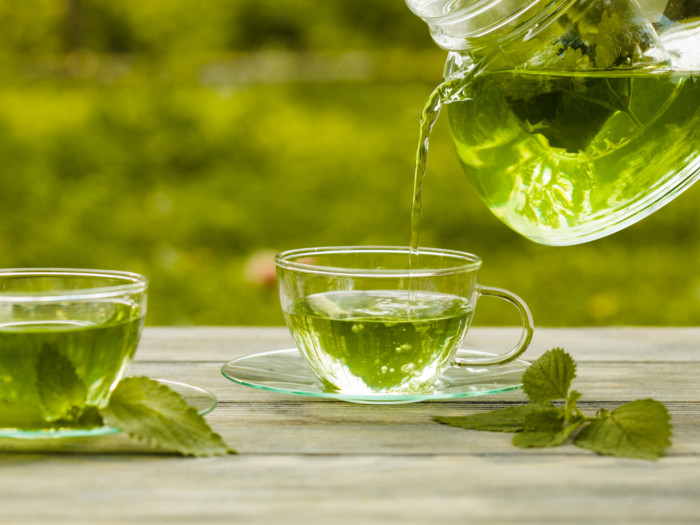People who switch to tea in an effort to avoid caffeine, are often surprised to hear that tea also contains caffeine. Although lower than coffee, most teas still contain some amount of caffeine. This includes all derivatives of the Camellia sinensis plant, such as black, white, oolong, Ceylon, Assam, and green tea. As a result, like coffee, we now also have a range of decaffeinated tea. You may want to switch to decaf tea before bed, during pregnancy, or for certain health reasons. In that case, it is always advisable to understand what it is and whether it will work for you.
What is Decaf Tea?
Decaf tea is one where the caffeine has been removed. There are four different procedures to achieve this result, by using carbon dioxide, ethyl acetate, methylene chloride, or water processing. It is important to note here that it is never completely decaffeinated. The decaffeination cannot completely remove the caffeine from the tea. The efficacy of the removal will depend on the process. But usually, the caffeine content in decaffeinated teas is around 1 to 2 percent.

Is decaf tea as good as regular tea? Photo Credit: Shutterstock
Decaf tea Vs caffeine-free tea: You may also come across labels that say caffeine-free tea. These are different from decaf teas. Caffeine-free teas are naturally free of caffeine. Hence, unlike decaf teas, they contain absolutely no caffeine. This usually includes herbal teas, such as chamomile tea, ginger tea, or jasmine tea. Strictly speaking, these are not teas, but tisanes. Teas are derivatives of the Camellia sinensis plant which naturally contains a certain amount of caffeine. The absolute lack of caffeine is also why certain herbal teas are effective in treating anxiety and sleeplessness.
Decaf Tea: Pros & Cons
The most obvious advantage of decaffeinated teas is the removal of caffeine. It allows you to enjoy a rejuvenating cup of black, green, oolong, Ceylon, or any other type of teas without worrying about the caffeine content. At usually less than 2 milligrams a cup, the amount of caffeine is too little to have any significant impact. It is ideal for people who want to avoid caffeine for medical or personal reasons.
However, there are also disadvantages that come with the decaffeination process. The first is the flavor. Many regular tea drinkers find it altered and not to their liking. Considering that flavor is one of the biggest factors in deciding the quality of a tea, you may want to keep this in mind. However, this is a subjective quality and many people do not mind the altered taste. While there are some reports that the decaffeination process also removes many of the beneficial polyphenols in tea, the research on this subject is conflicting. According to one research decaffeinated green tea helped to reduce DNA damage caused by lung cancer among smokers. On the other hand, it may pose a greater risk for rheumatoid arthritis for women. [1]
More importantly, one research on commercially available green tea brands showed that the antioxidant activity of a tea depended on its processing, quality of tea leaves, packaging, and even brewing. The effect of decaffeination, on the other hand, was negligible. In other words, your decaf green tea may be as good as the regular tea in terms of its antioxidant content. [2]
Decaf tea & pregnancy: Pregnancy is one condition where one is careful of caffeine intake and with good reason. Caffeine is considered undesirable as it can act as a stimulant and a diuretic. A 2019 research, published in the journal Nutrients, revealed that total consumption up to 200 mg a day had no effect on the baby’s growth. Decaf tea with less than 2 milligrams of caffeine per cup offers a welcome alternative for those who like to drink tea frequently throughout the day.
